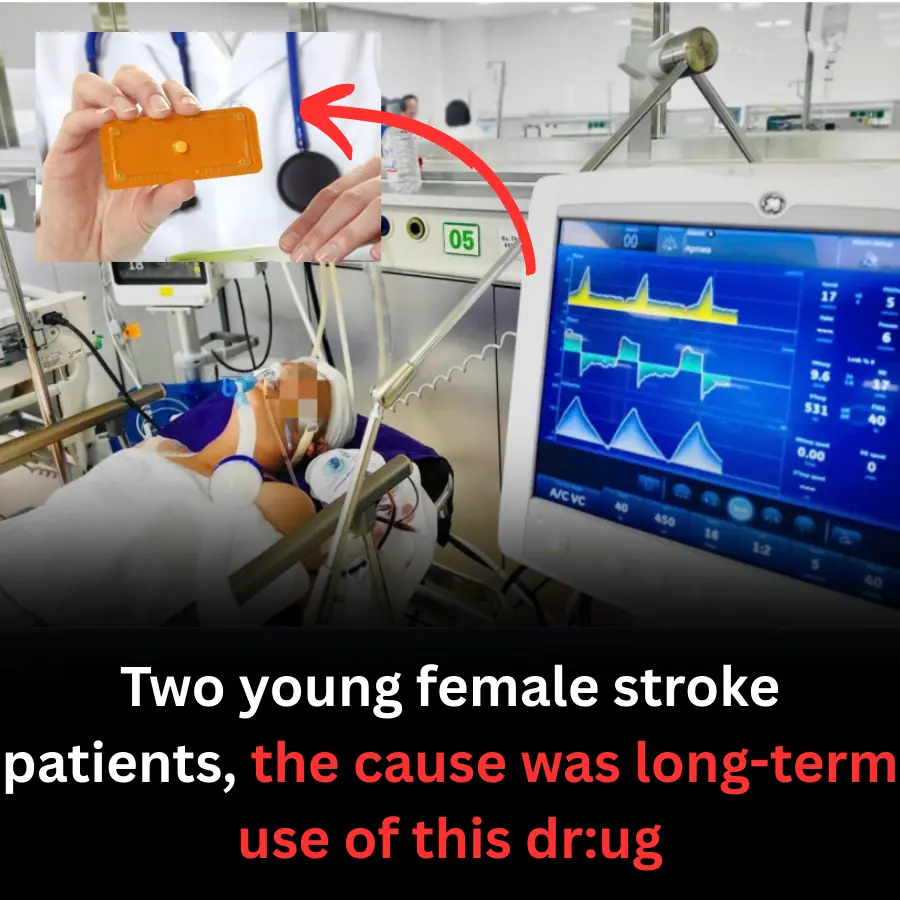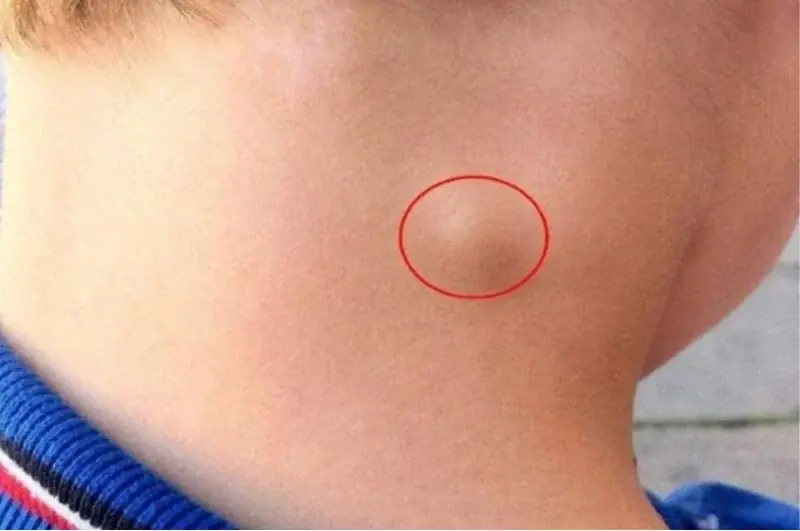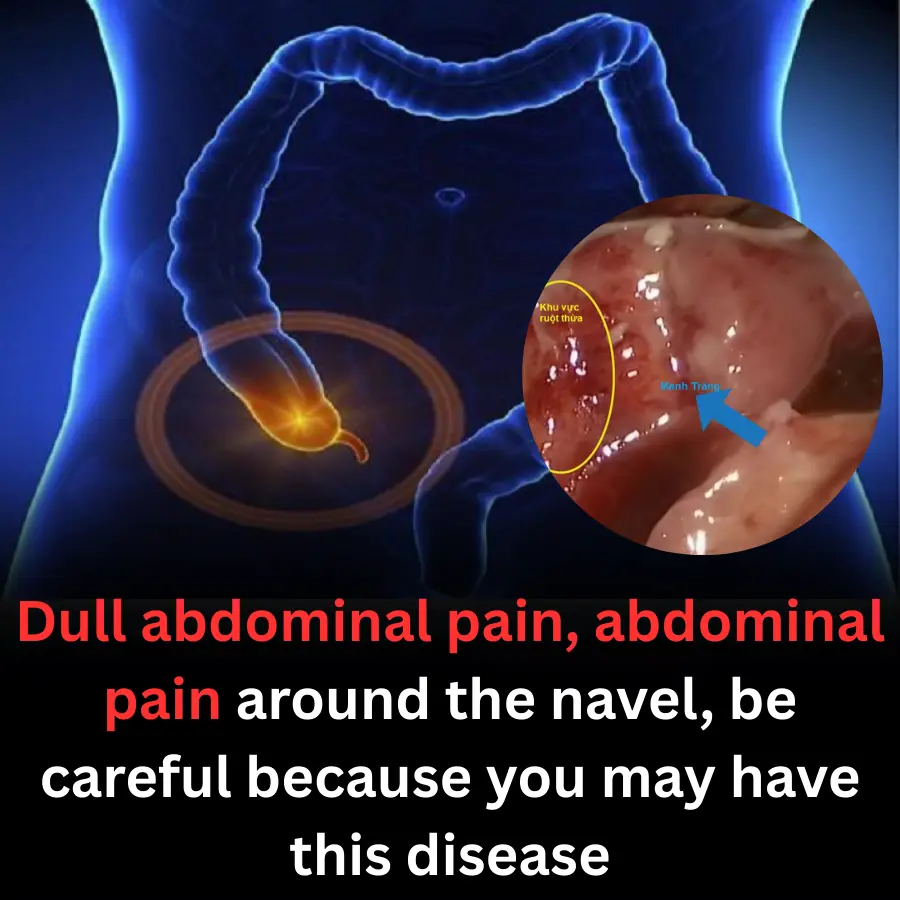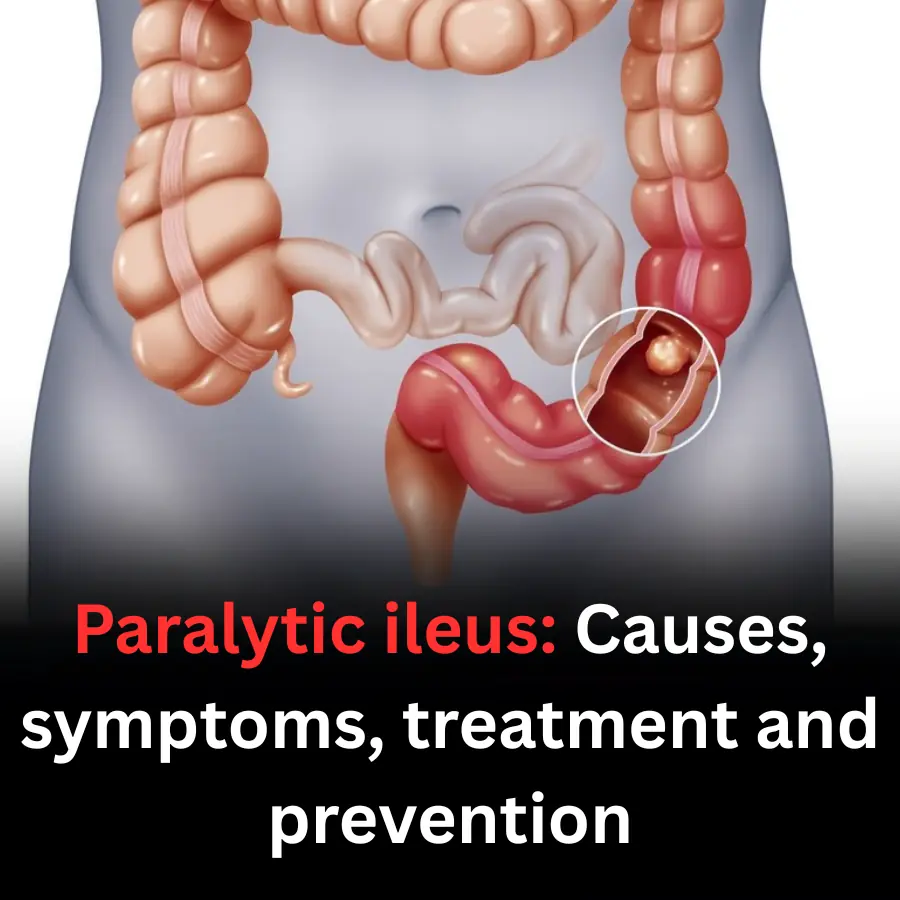
Two young female stroke patients, the cause was long-term use of this drug
On April 11, the 108 Military Central Hospital reported two cases of cerebral stroke in young individuals. Both patients had been taking oral contraceptives for an extended period.
The first case involved a female patient of reproductive age who was admitted to the hospital in critical condition.
A few days prior to hospitalization, the patient experienced headaches. After taking painkillers, the pain slightly subsided, and she continued with her daily activities as usual.
However, she later developed a sudden, severe headache and was taken to the hospital in a state of impaired consciousness, experiencing continuous full-body seizures, deep coma, quadriplegia (paralysis of all four limbs), and dilated pupils.
Imaging results revealed a massive cerebral hemorrhage in both parietal lobes, caused by thrombosis in the superior sagittal sinus and the confluence of sinuses. Her D-Dimer test results were elevated, measuring over 5000 ng/mL.
Doctors from the Stroke and Neurointerventional Department and the Neurosurgery Department consulted to determine the best treatment approach for the patient.
The patient was quickly intubated and placed on mechanical ventilation, treated with anti-edema therapy and anticoagulant medications. Subsequently, a decompressive craniectomy was performed to relieve brain pressure caused by cerebral edema.
After intensive treatment, the patient regained consciousness, was able to be weaned off the ventilator, could communicate, and became partially independent in daily activities.
The second case also involved a female patient of reproductive age, who came to the hospital with prolonged headaches and progressive left-sided weakness, along with difficulty walking over the past few days.
At the time of admission, the patient was still conscious. Imaging and screening test results showed that she had an ischemic stroke in the right temporal lobe due to thrombosis of the straight sinus, left transverse sinus, and sigmoid sinus.
She was treated conservatively with anticoagulant therapy according to protocol and made a good recovery, being discharged with the ability to live independently.
Notably, both patients had been taking daily oral contraceptives for a prolonged period.
According to doctors, oral contraceptives are an effective and safe method of birth control. However, if used long-term, women should consult a specialist for proper examination, necessary tests, and personalized advice on safe and effective use. It is strongly advised not to self-medicate or extend the duration of use without professional guidance.
Besides birth control pills, women may also consider alternative contraceptive methods such as: intrauterine devices (IUDs), contraceptive implants, contraceptive patches, sterilization (for those who no longer wish to have children), or condoms (a simple, hormone-free method that also offers dual protection).

News in the same category


Common Mistake When Using Thermal Bottles: Many Unknowingly Risk Their Health

Warning: Eating 50g of This Type of Meat Daily May Increase Cancer Risk, Recurrence, and Faster Metastasis

You should not ignore these signs

What will happen to your bo.dy?

Building an easy-to-digest menu for stomach c.a.n.cer patients

Horrifying Images of Giant Worms Removed from the Body of a 3-Year-Old Boy

What time should you take a bath to ensure health safety and reduce the risk of stroke?

8 early signs of dia.betes that many people overlook

Better than ginseng and bird's nest

“2 red, 2 itchy, 2 smelly” shows that liver cancer has begun to destroy the body, so go see a doctor immediately

Doctors Warn About 3 Foods That Harm the Kid.neys When Consumed in Excess

6 Early Warning Signs of Stroke: Recognize Them a Week Before to Stay Safe

2 Warning Signs of Kidney Damage: See a Doctor Immediately If Your Morning Urine Looks Like This

5 Early Signs of Lymphoma – The First One Is Especially Noticeable

Why Do Healthy People Suddenly Die After Being Diagnosed with Can.cer? Doctors Explain the Reasons

Do Birth Control pi.lls Cause Stro.ke in Women? Important Safety Reminders When Using Contraceptive pi.lls

Dull abdominal pain, abdominal pain around the navel, be careful because you may have this disease

Paralytic ileus: Causes, symptoms, treatment and prevention

8 Early Warning Signs of Kid.ney Failure – Young People Should Also Stay Alert
News Post

Look at the thickness of your lips, predict your rich or poor fate: Which type are you?

Can.cer Cells Fear These 4 Foods! Eat Them Daily to Keep Can.cer at Bay

No Need for Mosquito Coils—Use This Common Household Item to Repel Mosquitoes: Cheap, Safe, and Effective

Looking at sleeping position to predict hu.man personality

Common Mistake When Using Thermal Bottles: Many Unknowingly Risk Their Health

Place a Sock on Your Air Conditioner: A Simple Trick That Can Save Your Family $20 a Month

My Aunt Lied About Being Sick and Homeless to Steal My Grandma’s House..

Don't be too close to them

5 ways to distinguish fake milk from real milk: Tips to identify and protect your health

Warning: Combining this food with onions can cause poisoning, even leading to bli.ndness

Breakthrough as eggs made from male mice cells

The real uses of "WHITE GOLD"! Especially the uses that women love - BEAUTIFUL FIGURE, SLIM WAIST

Everyone in the house thinks that air conditioners are the most expensive thing in the house

Excessive Saliva Production in the Mouth: A Warning Sign of Health Issues You Shouldn’t Ignore

Age is taboo for snake plant

Diagnosed with Late-Stage Cancer After Visiting Ancestors' Grave During Qingming Festival, Man Silently “Thanks His Ancestors”

Warning: Eating 50g of This Type of Meat Daily May Increase Cancer Risk, Recurrence, and Faster Metastasis

5 Household Devices That Use More Electricity Than an Air Conditioner – Leaving Them Plugged In Can Skyrocket Your Energy Bill

It’s Not Steaming—This Is Actually the Best Way to Cook Vegetables, According to Research
